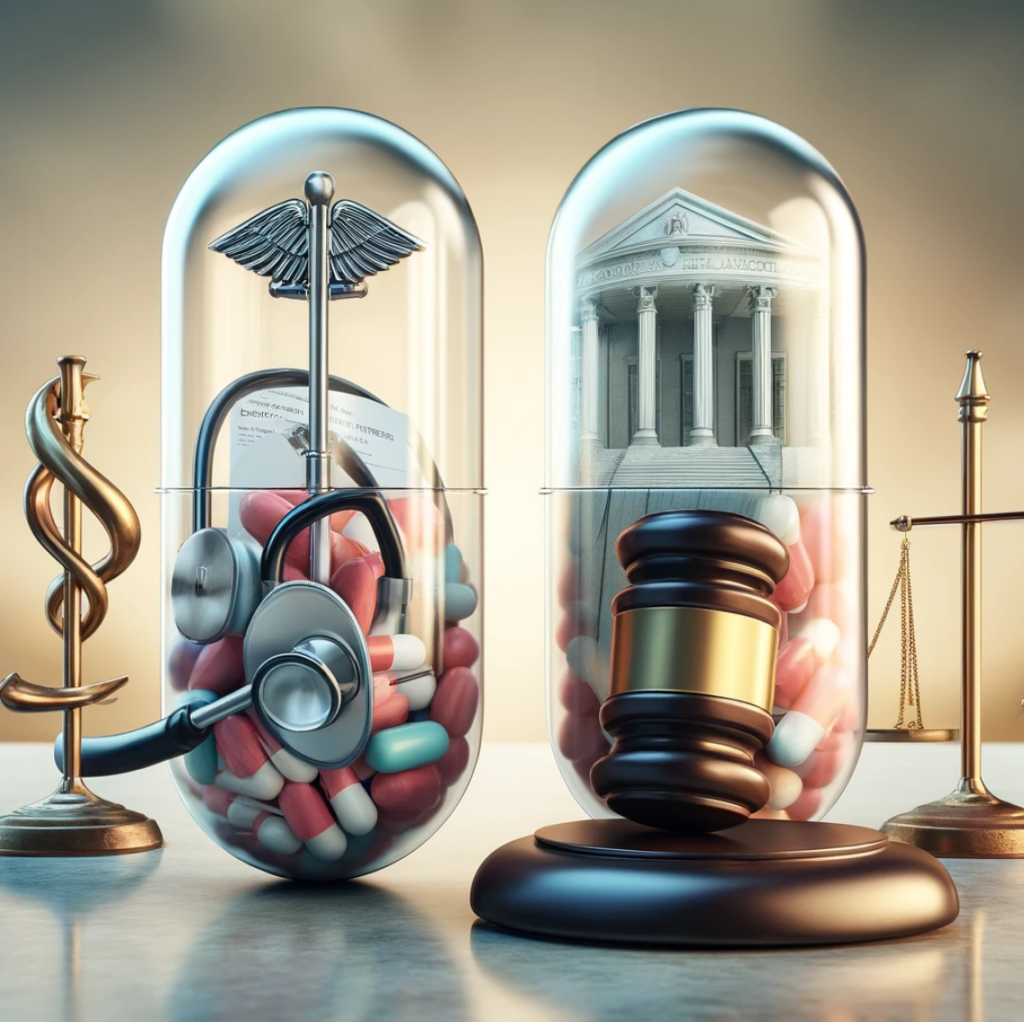Pharmacovigilance, or drug safety, is a fundamental pillar designed to ensure the protection of public health and to increase trust in medicines. The legal backgrounds for these systems are broad and include both EU-wide and national regulations. This area is essential for the ongoing monitoring of the safety of medicines after they have been approved and plays a central role in healthcare.
Pharmacovigilance legislation is continually being revised to respond to new scientific evidence and technological developments. This dynamism ensures that the legal provisions remain effective and continue to ensure patient protection.
In the European Union, pharmacovigilance is strictly regulated in order to ensure a high level of protection for the health of citizens. Directive 2001/83/EC of the European Parliament and of the Council of 6 November 2001 on the Community code relating to medicinal products for human use sets out the legal basis for the authorisation, monitoring and pharmacovigilance of medicinal products in the EU. This is supplemented by Regulation (EC) No. 726/2004, which establishes a centralised procedure for the authorisation and monitoring of medicinal products. These directives oblige member states and pharmaceutical companies to implement strict pharmacovigilance practices.
The importance of pharmacovigilance was particularly highlighted by the revision of this legislation in 2012, which strengthened the EU-wide system for monitoring drug safety and re-emphasized the specific responsibility for the safety of medicines. These changes, introduced by Directive 2010/84/EU and Regulation (EU) No 1235/2010, improved the transparency and public accessibility of information on the safety of medicines and strengthened the role of the European Medicines Agency (EMA) in pharmacovigilance.
A crucial part of this framework are the Guidelines on Good Pharmacovigilance Practices (GVP), specifically Modules I and VI. These provide detailed instructions on how to carry out pharmacovigilance activities and are crucial for understanding how companies should fulfil their legal obligations.
The GVP is critical to ensuring that pharmacovigilance practices are not only effective but also standardized, leading to improved drug safety and patient protection. By following these guidelines, companies ensure that they can proactively respond to potential risks and that they act in accordance with best practices and legal requirements.
Compliance with GVP is required by law in the European Union. These guidelines are part of the regulatory framework set by the European Medicines Agency (EMA) to ensure that all pharmaceutical companies adhere to uniform standards in monitoring the safety of medicines. Failure to comply can result in legal sanctions.
Furthermore, compliance with GVP is often a prerequisite for access to international markets. Regulatory authorities worldwide recognize European Union standards and expect similar practices from companies wishing to operate in their jurisdictions.
In Germany, the Medicines Act (AMG) is the legal basis that regulates the safety of medicinal products, including pharmacovigilance requirements. The AMG implements EU directives into national law and ensures that medicinal products are monitored throughout their entire life cycle. The federal authorities, in particular the Federal Institute for Drugs and Medical Devices (BfArM) and the Paul Ehrlich Institute (PEI), are vested with extensive powers to monitor and enforce compliance with pharmacovigilance regulations.
The legal framework also covers international cooperation between national authorities and the EMA. Coordination and information exchange are crucial for monitoring drug safety across borders.
In a strictly regulated environment such as the pharmaceutical industry, understanding and implementing regulations and guidelines is not only a legal necessity, but also an essential part of corporate ethics and public trust. Pharmacovigilance is an indispensable part of the healthcare system in Germany and Europe.
In conclusion, evalii® as a professional solution for pharmacovigilance monitoring not only meets a legal requirement, but also represents a strategic asset for pharmaceutical companies. Through automated, continuous monitoring and documentation of communication channels, evalii® makes an indispensable contribution to compliance with strict international pharmacovigilance regulations. The integration of state-of-the-art technologies not only guarantees compliance with current legislation, but also positions evalii® as a pioneer in efficient risk minimization and safety monitoring in the pharmaceutical sector. This makes evalii® the optimal choice for companies that value the highest standards in drug safety and the protection of public health.

